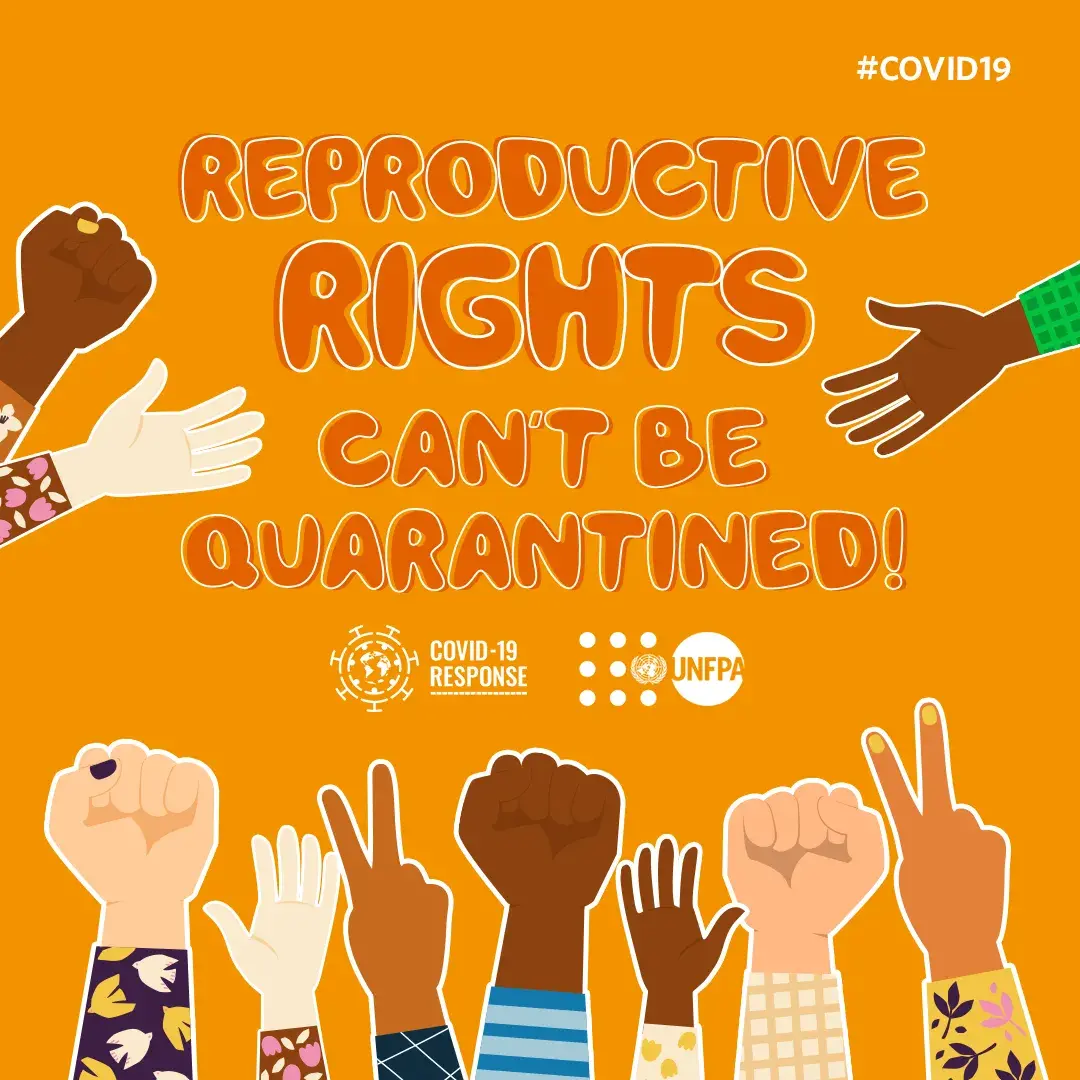Teenage pregnancy and early motherhood takes enormous effects on girls’ education, discrimination, stigmatization, and low income earning potential which leads to continuous poverty. Most girls who become pregnant are forced to drop out of school and are more likely to become pregnant again when not given right information and services.
“I was impregnated by my uncle, a brother to my mother who lived with us at our home. He rented a house to hide me and promised to provide essentials but this lasted only for a short period. I returned home but I was rejected and sent away saying that I was a curse to the family” Sandrine recalls.
Sandrine is one of the group of 25 first time young mothers whose stories are heart-breaking but have chosen to struggle and make better choices for their lives and that of their babies with support from UNFPA through Imbuto Foundation. The youngest among them is 15 years old with a baby aged one and five months and eldest is 19.
“After giving birth, I always thought of killing my child, being homeless and with no means to meet basic needs but with training, counselling, and support from Imbuto Foundation I was able to accept my child and life continued” Sandrine says
Sandrine voluntary sensitizes fellow young girls to pursue their education, avoid teenage pregnancies than can deprive them their opportunities for a bright future and become responsible citizens. She encourages young people in her community to reach out to the health center in case they need accurate information on sexual and reproductive health.
The group of 25 first time young mothers have come together in a cooperative and created a savings scheme from the activities they do individually. As of November, they had voluntarily saved 194,500 FRW collectively which they hope to start a small project to grow financially.
What are the challenges?
Stigma and discrimination in society and families has been the biggest challenge. Culturally, a girl who gave birth from home before marriage was considered as a curse and sometimes drawn in water to die. Some people still believe in this culture and can’t accept teenage mothers easily.
Refusal of civil registration of the babies born which denies them identity and other benefits such as health insurance. Men responsible for the pregnancies and girls’ families do not allow to register the babies to avoid responsibilities.
Lack of basic needs with no support from families or any one. Although able to try and work for others for little payment and also try out selling some goods like sugarcane, fruits, the income is little compared to the needs of both the mother and baby.
“After going through counselling, I started selling sugarcane on the main road to Rubavu town to earn a living. My earnings increased a little and changed to sell 2nd hand clothes on streets to avoid prostitution but after failing to get enough customers, I resorted to casual laborer on construction sites” Sandrine narrates.
Most of the young mothers, actually nineteen out of twenty-five live alone in rented houses which is risky in case they don’t raise money for rent. They might end up going for prostitution to get rent and cover other essential needs.
What is UNFPA’s role?
UNFPA through Imbuto Foundation has supported first time young mothers with provision of Adolescent Sexual and Reproductive Health services and information through a trained health provider at Kigufi Health Center. The sessions have provided them with knowledge to avoid second pregnancies, prevent from STIs, HIV/AIDS and empower them to make right choices to be able continue with their income generating activities.
A more holistic approach is required to support girls' rights and to empower them to avoid early pregnancy; provision of age-appropriate comprehensive sexuality education for all young people, build gender-equitable societies by empowering girls and engaging men and boys, and measures to ensure adolescents’ access to sexual and reproductive health information as well as services that welcome them and facilitate their choices.
Maureen TWAHIRWA





